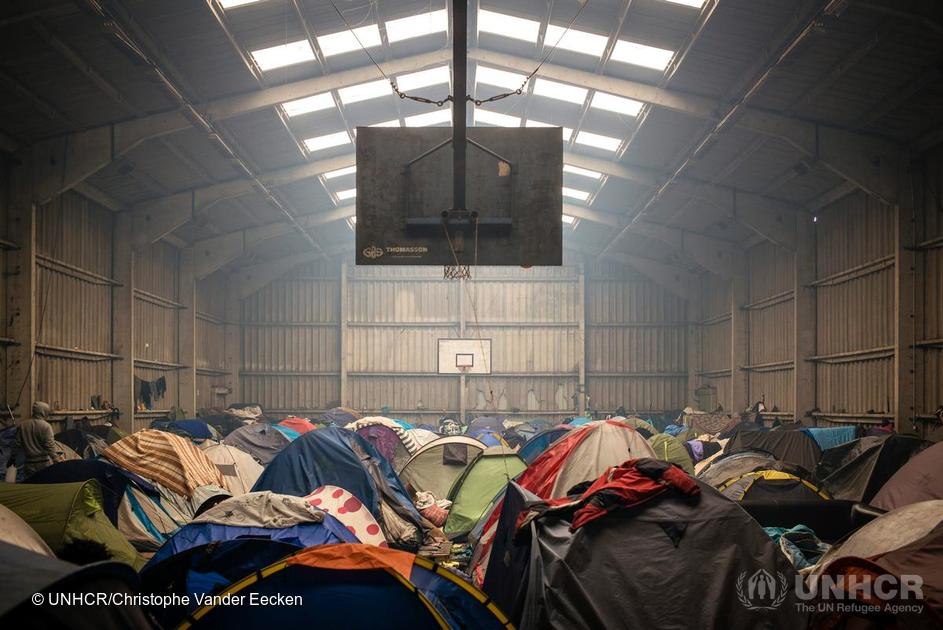
Practical information
The arrival of one million refugees in Europe between 2015 and 2016 has been perceived as the proof of the drastic acceleration of international migration. What is the reality of the situation? How has this “refugee crisis” affected the European Union and its institutions? Where are we now, one year after?

While the institutions and members states of the EU continue to face a lack of solidarity among Europeans, new actors have emerged on the frontline of receiving refugees, beginning with cities. Based on the lessons drawn from a project led by them on the role of elected representatives of European cities, Christophe Bertossi and Matthieu Tardis will illustrate how the “refugee crisis” has deeply changed Europe.
Speakers:
Christophe Bertossi, Director of the Centre for Migration and Citizenship, IFRI
Matthieu Tardis, Research Fellow, Centre for Migration and Citizenship, IFRI
Chairman:
Marc Hecker, Director of Publications, IFRI
The conference is organized as part of the MakingOfCitizenship project with the support from the Europe for Citizens Program of the European Union.
Other events

Paris Naval Conference 2026: Naval Rearmament and Operations in Contested Waters
This fourth edition of the Paris Naval Conference (CNP), bringing together high-level military, industrial, and academic speakers, will address the challenges associated with general naval rearmament and naval operations in increasingly contested environments.





